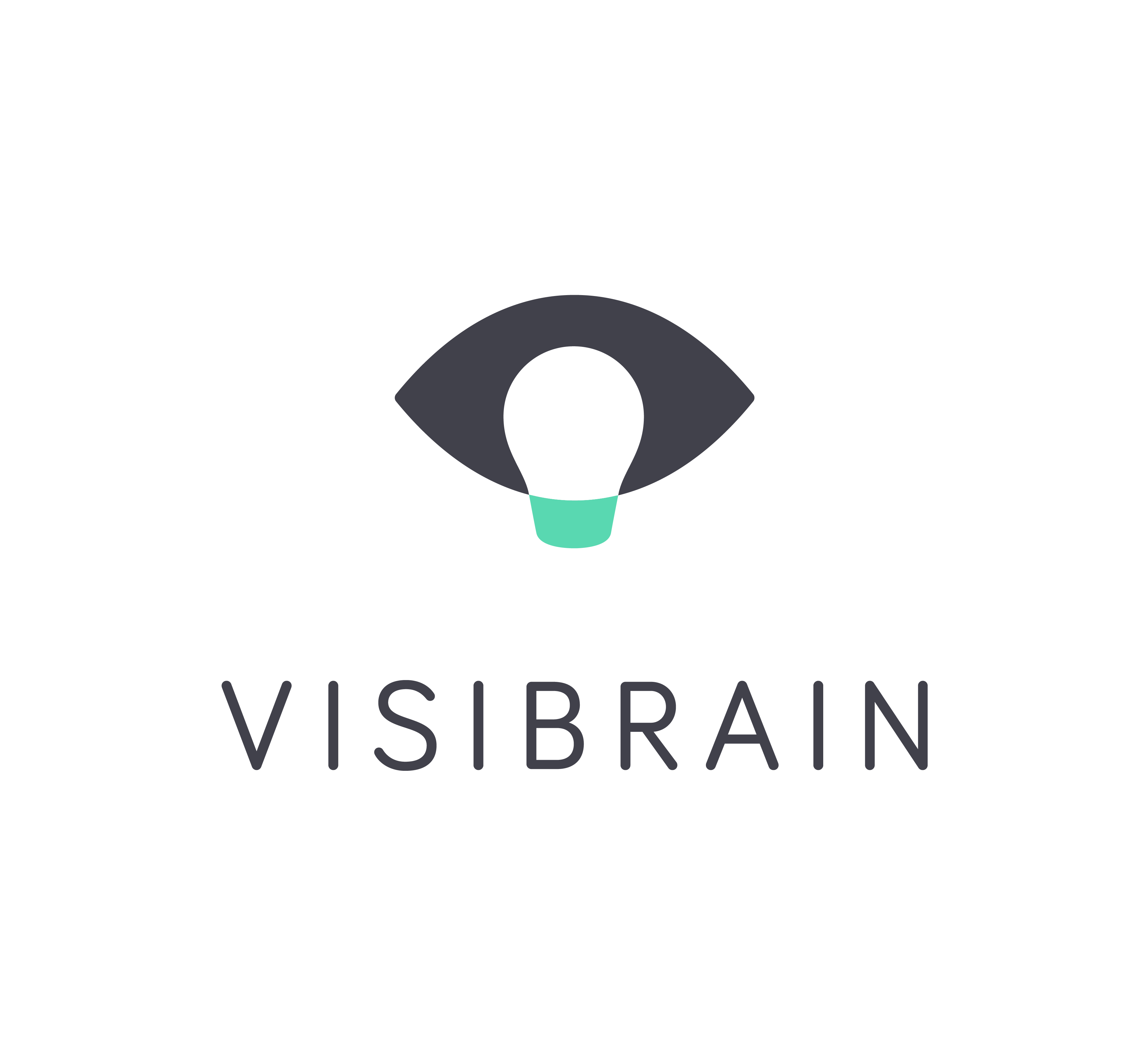Charlene Li of Forrester presents on the Future of Social Networking. Charlene speaks about her kids and how they are setting up online playdates. Meet at such and such a site at this time etc. I know this too. My son does exactly this on Runescape.
Social networks will be like air, she says. It will no longer be a list of destinations and multiple identities, but will be universal id. What will it be. My email, my phone number etc. The ID will be federated like OpenID, with a few major players serving as focal points.
The big guys are beginnig to talk - Data Portability Group.
She encourages us to think about the Bill of Rights for the Social Web.
We publicly assert that all users of the social web are entitled to certain fundamental rights, specifically:
* Ownership of their own personal information, including:
o their own profile data
o the list of people they are connected to
o the activity stream of content they create;
* Control of whether and how such personal information is shared with others; and
* Freedom to grant persistent access to their personal information to trusted external sites.Sites supporting these rights shall:
* Allow their users to syndicate their own profile data, their friends list, and the data that's shared with them via the service, using a persistent URL or API token and open data formats;
* Allow their users to syndicate their own stream of activity outside the site;
* Allow their users to link from their profile pages to external identifiers in a public way; and
* Allow their users to discover who else they know is also on their site, using the same external identifiers made available for lookup within the service.
The graphic flat graph does not work, but is really much more complex and multi-dimensional. There a lots of places and lots of invites. This is a real problem.
Charlene thinks there will be some real opportunities here. The Portal players, Yahoo, Google, AOL are well positioned for this.
What people are doing on social networks. It's about social, friends, games, movie sharing. She says what's missing is shopping. Charlene takes us through an example of how Amazon could connect to friends' reviews of books. Connect via the universal ID to bring in the content to where the user is.
She goes on to describe an example of how yahoo could incorporate my friends input into search, stories, stock portfolios, who has bought what's being advertised, etc.
The under-rated value of networks should be recognized. It depends on the authority your networks interest and their authority on the topic, and the trust level among your network.
Charlene focus on the value of what Digital Podcast calls Super Fans. She says that marketers will pay to reach and influence valuable influentials, that each person will have their own personal CPM, and social networks will compete to have the best experience for high-influence individuals. Think of the power of Super Fans.
She projects 2008-2009 to be the era data portability and 2013 to be the timing of the ubiquitous social networks. Technology will not be the barrier, trust will be the barrier.
Her recommendations:
- Create linkages between services based on individually controlled identity federation.
- Compete on creating the most compelling social experience, not social graph lock in.
- Develop social applications that have meaning.
- Integrate social networks into existing activities
- Design business models that reflect the value created by people's social networks
Questions:
What about the average Joe - will they have influence? Yes, depends on Joe's social graph. Within it he will have influence.
What should people not on social web do to build network? Look to your email contact list. It will become automatic at some point.
Technorati Tags: gspwest08, Graphing Social Patterns, Charlene Li, Forrester
More: Digital Podcast | Alex Nesbitt | E-Mail | 562-824-5193






